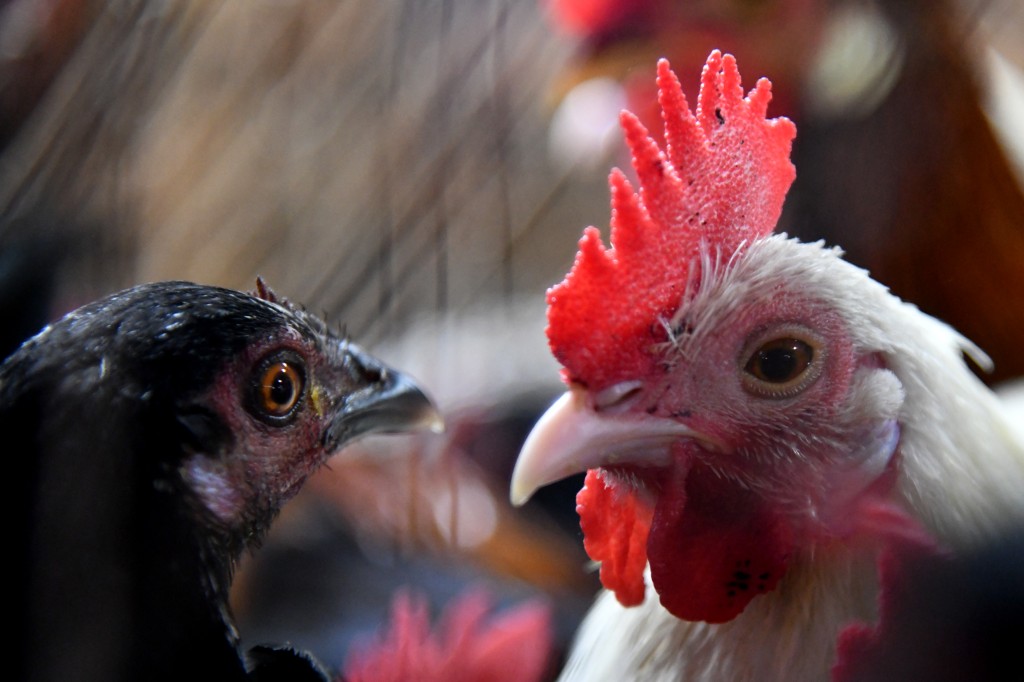São Paulo – The Brazilian Association of Animal Protein (ABPA) issued a press release this Wednesday (28) regretting Japan’s decision to temporarily embargo purchases of poultry from the state of Espírito Santo and stressed industrial poultry plants in the country remain free of any record of Highly Pathogenic Avian Influenza (HPAI A H5N1), also known as bird flu.
Japan took the decision due to an influenza outbreak in a subsistence poultry plant in the municipality of Serra in Espírito Santo, in a backyard farm with ducks, geese, teals, and chicken. The ABPA claims the decision taken by the Japanese authorities is not in line with the guidelines of the World Organization for Animal Health (WOAH), which indicates suspension of trade only with cases reported in commercial production.
Despite the measure, Japan does not import poultry from Espírito Santo. The state also does not have a significant share in poultry exports from Brazil and accounted for only 0.19% of the total in 2022.
The outbreak in Espírito Santo was the first occurrence of the bird flu virus in domestic birds in Brazil since the disease was detected in the country on May 15, only in wild birds and outside commercial production. “It is important to emphasize the confirmed cases in subsistence poultry do not imply restrictions to the international trade of Brazilian poultry. Consumption and export of poultry products remain safe,” the Brazilian Ministry of Agriculture and Livestock stated.
According to the national authorities, sanitary measures are already being applied to contain and eradicate the outbreak. In addition, surveillance actions are being intensified in populations of domestic birds in the region surrounding the case. The Brazilian Ministry of Agriculture reported depending on the evolution of the investigations and the epidemiological scenario, new measures could be adopted to prevent the spread of the virus and protect the national poultry industry.
A total of 50 outbreaks of HPAI A H5N1 in wild birds were recorded in Brazil. The ABPA reinforced, through its note, that, regardless of the reports, there is no risk of transmission of the disease through the consumption of products, information that the WHO, WOAH, and other human and animal health authorities support.
Opening picture is merely illustrative.
*With information from Agência Brasil
Translated by Elúsio Brasileiro




